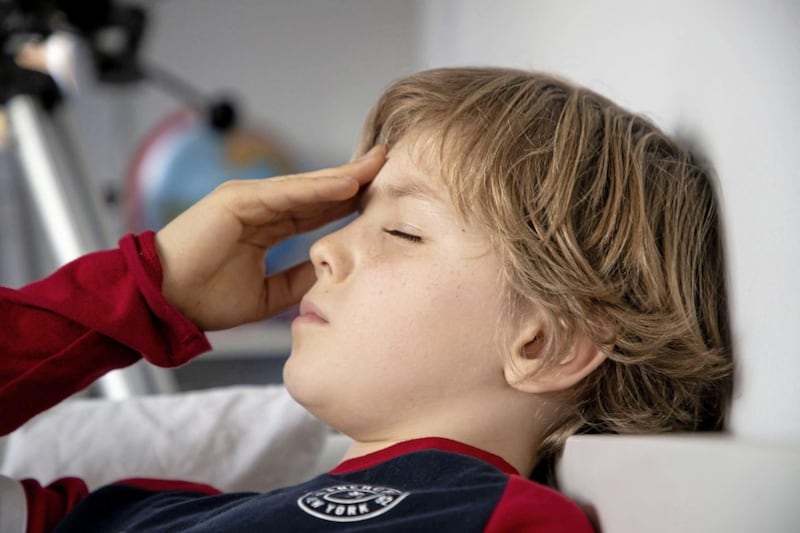Q: How do I know how much screen time is too much and are there specific screen-time recommendations for children of different ages?
A: Senior psychologist and parenting expert Conor Owens wants parents to put away screens and 'pause for play' with their children. He says: "You watch them like a hawk in the play park, make sure they eat a healthy diet and make sure they don’t eat too many unhealthy treat foods.
"Yet in your own home your child can have access to devices that can reduce their sleep, increase their weight and reduce the physical and social skills your child learns from physically playing with other kids.
"Kids who spend too much time plugged into smartphones, tablets and screens – even the TV – are building up a legacy of unhealthy behaviours, getting less sleep, and consuming more unhealthy drinks and snacks."
As part of their 'Start' public health awareness campaign, cross-border body safefood has teamed up with the Public Health Agency and Department of Health to help parents reduce screen time, get their children more active and set them on a path to a healthier life.
Research for Start shows that children aged under two are already spending more than an hour on screens at weekends. For over-fives, the weekday average is almost two hours, rising to more than three hours a day at weekends.
"It’s left to parents to figure out how much screen time is too much – and that can be tricky," Conor admits. "Do you include movies? Computer games? And are your screen habits influencing theirs?
"In fact, the guidelines are more straightforward than you might think – ideally, under-twos should have no screen time at all, and under-fives should have no more than an hour a day. That means all devices with a screen, from TVs, smartphones and laptops to tablets and gaming consoles.
"With older children, it’s best to agree limits and stick to them. Check your own useage of screens because your children are likely to comment on them if they think you are not practising what you are saying.
"Try drawing up a Play Pact for the whole family with realistic but specific targets such as keeping bedrooms or mealtimes screen-free or cutting screen time by half an hour a day.
"It might be worthwhile setting aside a 'screen crèche' at home where everyone leaves their devices, making it easier to monitor use. Talk to older children about the risks of screen time and what is acceptable.
"Quality is key, especially for younger children – choose high-quality ad-free programming or apps with an educational element, and watch with your child so they can learn while interacting with you.
"Don’t make your pact a punishment – swap that screen time for fun activities and the kinds of games you played when you were a child.
"Most importantly, remember your plan isn’t set in stone. If it proves to be unrealistic, then revisit your goals and figure out a new plan. It’s supposed to be what works for your family – and it’s supposed to be fun.
"Include play and activities in your Play Pact and check out makeastart.org for fun ideas for inside and outside the house."
:: Conor Owens is a senior psychologist with the HSE.








